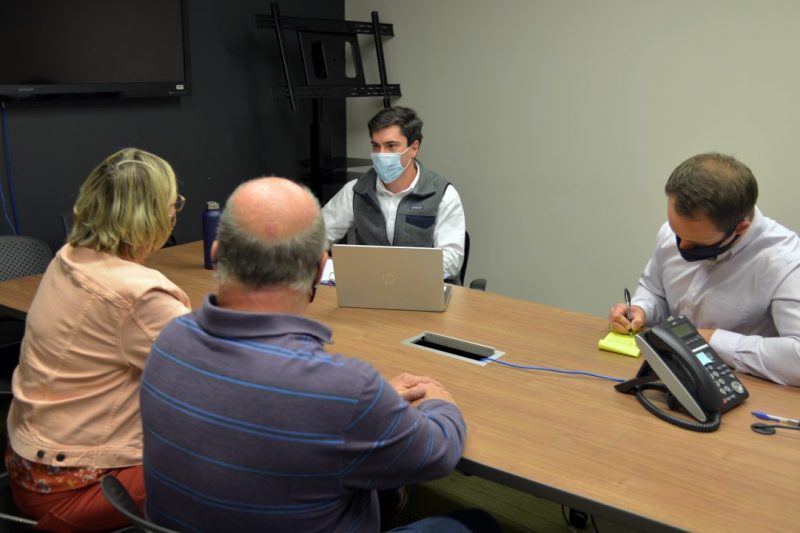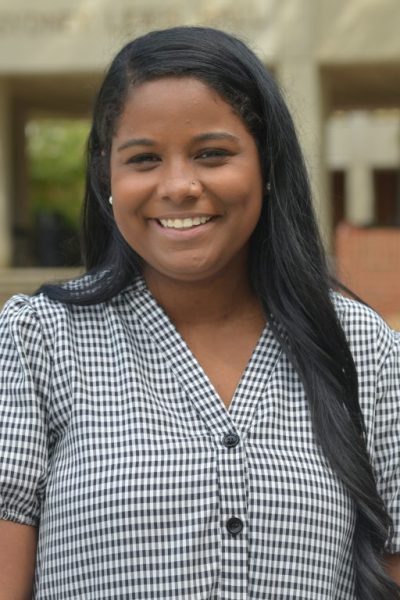Planning for the Future W&L Law students offer free estate planning to area residents.
What happens when we die?
While that question may seem suited to the halls of the philosophy and religion departments, you can also find answers in the law school, especially when dealing with the practical matters that surround the end of life. This is just what law students in Professor Bob Danforth’s Trusts and Estates Practicum are doing by offering free estate planning throughout the region.
Danforth has been teaching the class for a number of years and introduced a live-client component about three years ago. Initially offered to cancer patients and first responders, the free legal assistance was opened up this year to all persons of modest wealth, specifically persons whose wealth falls well below the thresholds at which estate and gift taxes apply.
“There are no income or age limitations, but the service is not unlimited,” said Danforth. “The class has only 12 students, and they have a finite amount of time.” He estimates students will put in between 10-15 hours of work with each client.
Danforth teaches the class with alumna and Roanoke attorney Jennifer Crook. The students, working in teams of two, interview and counsel estate planning clients on wills, advance medical directives, and powers of attorney. Students draft the necessary documents under the supervision of practicing lawyers. The students meet with clients in Lewis Hall, but also travel to Roanoke, Lynchburg, or elsewhere to meet with those unable to travel.
One student in the class, Destiny Kosloske ‘22L, was worried initially that the conversations with clients would be uncomfortable or too morbid, but she found just the opposite.
“It was surprising to me how willing people are to talk about these matters,” she said, recalling some clients—a young couple expecting their first child. “They reached out because they want to plan for the future, and they were relieved to have something in place.”
Like other upper level students participating in the law school’s legal clinics or similar actual practice experiences, Kosloske is also learning to work with people with different schedules and busy lives.
“We don’t have a lot of time with them,” she said. “But it is important we make them feel as comfortable as possible when discussing something so important.”
The savings offered to clients utilizing the student assistance can be significant. It is not unusual for similar work from a practicing attorney to reach into the thousands of dollars. And of course, the students are getting invaluable experience in exchange.
“The students find the work with real clients especially gratifying,” said Danforth.
Kosloske agreed, and sees her work in the class, including working with cancer patients in hospice on funeral directives, as among the most important she has taken on in law school.
“I really feel like I am helping the community.”
 Law students Staats Smith ’23L and Robert Stahl ’23L interview clients for their Trusts and Estates class.
Law students Staats Smith ’23L and Robert Stahl ’23L interview clients for their Trusts and Estates class. Destiny Kosloske ’22L
Destiny Kosloske ’22L
You must be logged in to post a comment.